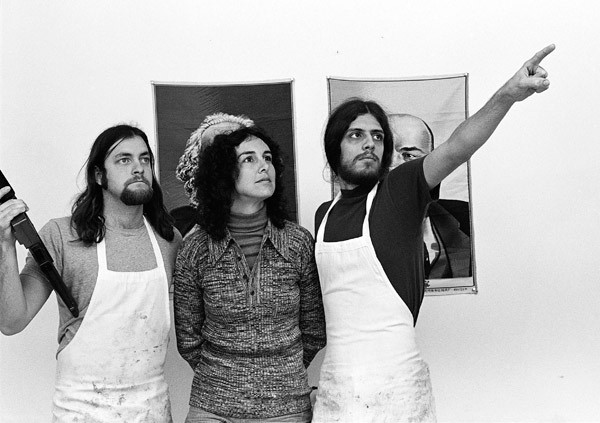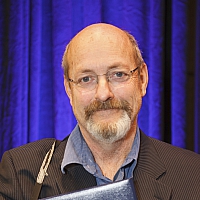
Allan Sekula's 1974 photo-text work, This Ain't China: A Photonovel, announces the artist's early attention to China as a foil for Western paradigms of production—cultural and economic. The work combines a (meta)narrative with staged photographs, shot in the spirit of Jean-Luc Godard (in a Maoist phase and channeling Bertolt Brecht). Sekula's plot concerns the employees of a greasy spoon restaurant in San Diego (artist included), all musing about working and living conditions, and plotting a strike—a microcosm implicated in a global imaginary, transformed by the presence of a different culture. This Ain't China was made at a time of great interest—especially amongst left-leaning Western artists and intellectuals—in the possibilities of Maoism. Yet the counter-example of China, and its negation, remain elusive. In the ambiguous way it is evoked, China could be both the country at the height of the Great Proletarian Cultural Revolution and fine dinnerware (porcelain or "fine china").
Presenting the work in 2010 raises the question of how both these Chinas—as well as today's People's Republic, with its (ever enigmatic) embrace of capitalist manufacturing and consumption with a communist face—continue to configure imaginaries of alternative forms of production. Sekula's 1974 photonovel is paired with a new work: a backlit transparency made for the storefront window of the e-flux space on Essex Street in New York's Chinatown. The image was captured while the artist was doing research in one of China's "special economic zones" near the port city of Guangzhou for a forthcoming documentary on working conditions in and around the world's most active ports. It shows a young Chinese factory worker holding part of a kitchen appliance she is helping to manufacture, her eyes closed. The image may be seen as evidence of Sekula's shift from staged photography to a documentary approach, and opens a question concerning the artist's paths to realism. And yet the new image shares an element of refusal with the earlier photonovel.
A solo-show of two works, This Ain't China: A Photonovel (1974) and Eyes Closed Assembly Line (2010), thus enables the visitor to trace key trajectories for Allan Sekula's entire practice. The investigation of his special interest in China leads to other questions concerning the politics and aesthetics of working class refusal, what we might call an "attitude of ain't."

